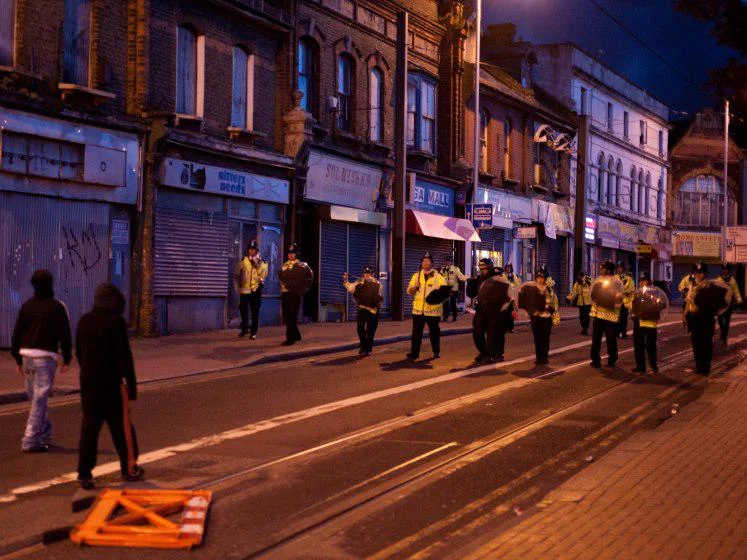What can we learn from the 2011 riots?

In August 2011, riots erupted in London and rapidly spread to other English cities. What can we learn from this largest outbreak of rioting in a generation? The latest episode of the LSE IQ podcast investigates.
The disorder began after the shooting of a young man, Mark Duggan, by police officers in Tottenham. A protest two days later morphed into more widespread disorder. This led to an estimated 5 deaths, 200 injuries, 3000 arrests and over £200 million of property damage. Severe jail terms were imposed to deter future lawlessness.
Politicians called the disorder acts of greed and opportunism, while others blamed austerity and inequality. Many years on, is it possible to state what actually happened? Since 2011 we’ve faced major public spending cuts, two elections, the Brexit referendum, the election of President Trump and the rise of populism. Are any of these events connected?
Searching for answers, James Rattee interviews the following contributors: Professor Tim Newburn, LSE Department of Social Policy; Paul Lewis, The Guardian; and Professor John Drury, University of Sussex School of Psychology.
Each episode of LSE IQ sees a range of LSE academics, and other experts, line up to give their perspective on one timely question. For all episodes of LSE IQ please visit http://lse.ac.uk/iq or search for 'LSE IQ' in your favourite podcast app.